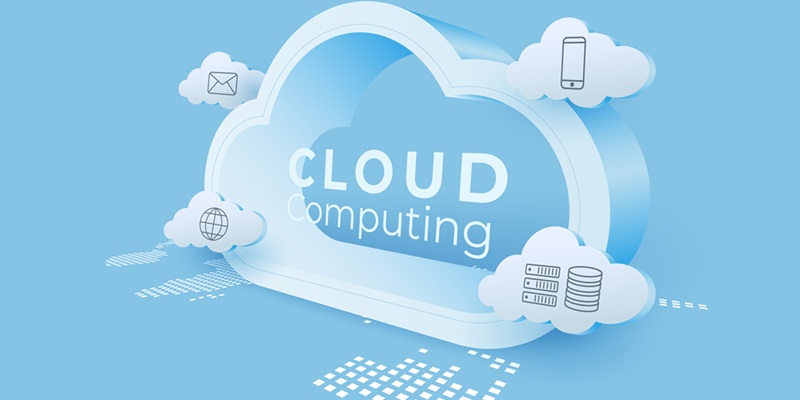In the world of car dealership transactions, consumers have long been wary of the additional charges hidden in the fine print known as “junk fees.” These fees can significantly impact the overall cost of a purchase agreement. However, a new trend is emerging in the realm of cloud services where similar charges, referred to as junk fees, are starting to appear on cloud bills. This article explores the implications of these fees, particularly high egress charges, on enterprises and the steps being taken to address this growing issue.
The Emergence of Junk Fees in Cloud Services
Traditionally, additional charges on cloud bills were overlooked as minor inconveniences. However, as enterprises increasingly rely on the cloud and regularly move data out of public clouds, these ancillary fees are starting to accumulate. Specifically, egress fees, which correspond to the data transfer out of a cloud provider, are becoming a cause for concern among organizations. The mounting charges associated with egress fees are inflating operational costs and making it difficult for businesses to switch between cloud providers or explore more cost-effective alternatives, including moving data back to their own data centers.
Consequences of High Egress Charges
The exorbitant costs stemming from high egress charges have led to significant challenges for enterprises. They not only impact the bottom line but also limit an organization’s flexibility to adapt to changing business needs. Switching cloud providers or moving data becomes increasingly burdensome, hindering business agility and scalability. Moreover, organizations find themselves trapped in vendor lock-ins due to the high costs associated with transferring data out of their current cloud environment.
Regulatory Attention on Junk Fees in Cloud Services
Awareness of the impact of junk fees in cloud services has caught the attention of regulatory bodies, such as the United Kingdom’s communications regulator, Ofcom. As organizations voice their concerns about the rising egress charges, it has become evident that addressing this issue is crucial not only for the smooth functioning of enterprises but also for protecting consumer interests.
Approaches to Mitigating Egress Fees
To combat escalating egress fees, enterprises and cloud service providers are adopting various strategies. One approach involves optimizing data transfer processes, reducing the volume of outbound data flows, and thus lowering egress fees. By implementing efficient data management practices, organizations can minimize unnecessary data transfers.
Another effective approach includes utilizing direct connect cloud services. By bypassing the public internet for data transfers, businesses can significantly reduce egress charges. Direct connect cloud services provide a dedicated and secure connection between the organization’s data center and their chosen cloud provider, ensuring faster and cost-effective data transfer.
Furthermore, leveraging networking techniques such as Software-Defined Networks (SDN) and cloud interconnects offers alternative, cost-effective ways to address data connectivity and egress challenges. SDNs enable organizations to manage their network infrastructure efficiently, reducing the need for costly data transfers. Cloud interconnects facilitate direct connections between multiple cloud providers, enabling seamless data transfer at lower costs.
Expectations from Cloud Providers
While enterprises are proactively seeking ways to mitigate the impact of excessive fees, ultimately, the responsibility lies with the cloud providers charging these fees. Businesses are looking to these providers to acknowledge and address the issues associated with high egress charges. By devising fair pricing models and offering flexible options, cloud providers can foster long-term customer loyalty and retain enterprises on their platforms.
The growing concern surrounding junk fees, particularly high egress charges, in cloud services highlights the need for a comprehensive solution. By acknowledging the impact on enterprises and consumers, regulatory bodies are taking steps to address this issue. Additionally, optimizing data transfer processes, utilizing direct connect cloud services, and leveraging innovative networking techniques can help mitigate the impact of egress fees. Ultimately, it is essential for cloud providers to recognize the significance of resolving junk fees to ensure a sustainable and cost-effective cloud ecosystem for all stakeholders.

